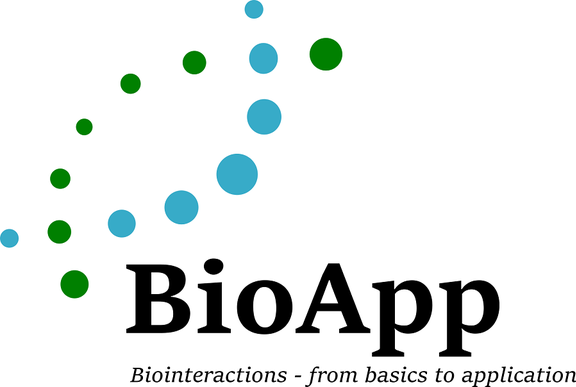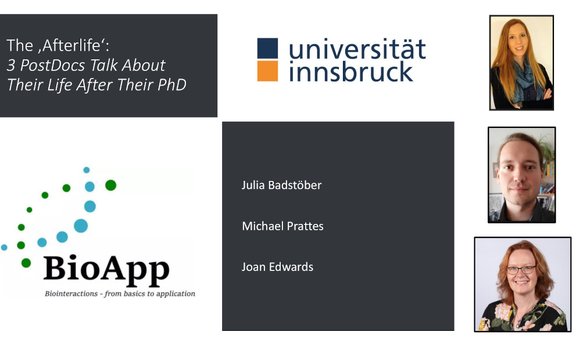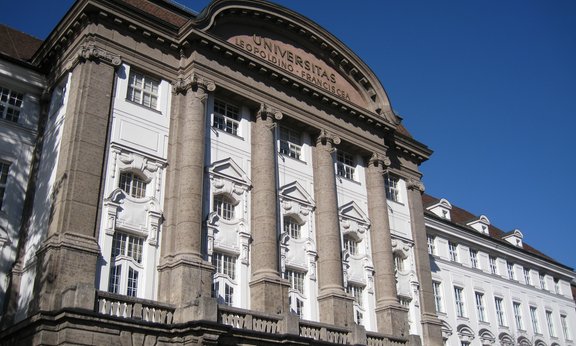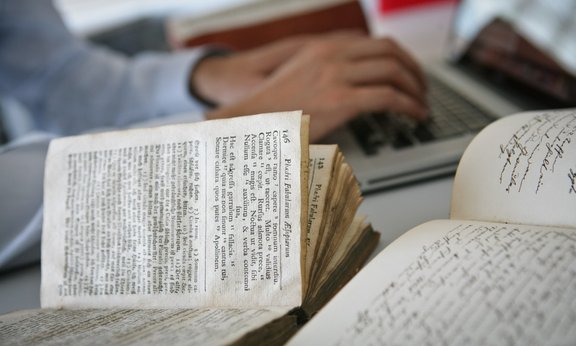Doctoral Programme Biointeractions from basics to application (BioApp)
The doctoral college Biointeractions - from basics to application (BioApp) aims to contribute to the understanding of interactions between different prokaryotic and eukaryotic organisms, with plants and animals, as well as with their abiotic environment (from the species to the domain level). These interactions are still largely unexplored, although they are extremely relevant for natural ecosystems, and also significantly influence biotechnological processes, from wastewater treatment, biogas production and biological remediation of contaminated sites to agrobiotechnology.

BioApp Blog

Explore your scientific identity
This summer semester, we had a different kind of lecture for the BioAPP DK students: instead of focussing on scientific discussions or on pitfalls of data analysis strategies, we put together a small webinar about career choices, and the difficulties (life) scientists have to face.
News

Early-Stage-Projekte vergeben
Zu Beginn dieses Jahres wurde die bereits fünfte Ausschreibung des Early-Stage-Programmes des Vizerektorats für Forschung gestartet. Ziel des Programms ist es, Dissertant:innen sowie Early Postdocs die Möglichkeit zu geben, ein kleines, eigenständiges Forschungsprojekt am Beginn ihrer wissenschaftlichen Karriere einzuwerben und durchzuführen.

FWF fördert 14 Projekte
Bei der FWF-Kuratoriumssitzung Ende Juni wurden zahlreiche Projekte von Wissenschaftler:innen der Universität Innsbruck bewilligt, darunter fünf Einzelprojekte, vier Schrödinger-Stipendien und drei Publikationsförderungen.
